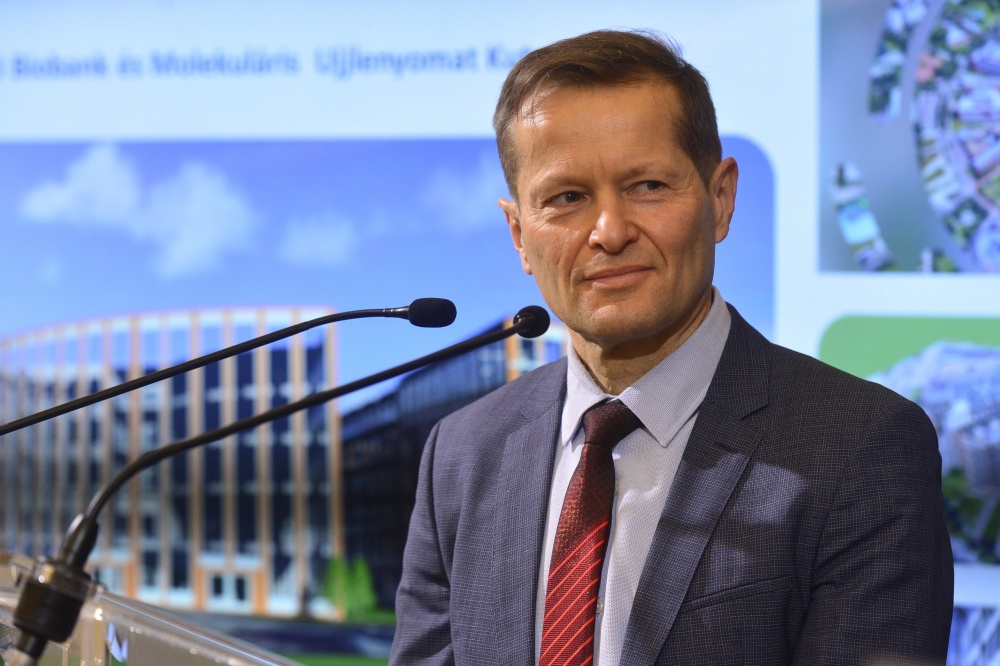
In the near future, it will be possible to diagnose diabetes in early pregnancy with almost 100 percent accuracy.Continue reading

The prestige of Hungarian higher education institutions is also enhanced by the fact that our Nobel Prize-winning scientists have graduated from Hungarian universities in recent days, the Minister of Culture and Innovation said on TV2‘s Mokka television program on Wednesday. He also stressed that the Hungarian state invests HUF 20 billion (EUR 52 million) in Ferenc Krausz’s research.
Katalin Karikó, winner of the Nobel Prize in Medicine-Physiology on Monday, graduated from the University of Szeged and is currently a research professor at the institution. Ferenc Krausz, Nobel Prize winner in Physics, graduated from Eötvös Loránd University and the Budapest University of Technology and Economics, Minister János Csák said. “We are working to attract as many scientists as possible to Hungarian research who will raise the prestige of our universities and research institutions,” he stressed. Furthermore, the minister added that
the Hungarian state will invest HUF 20 billion in Ferenc Krausz’s research under a six-year contract.
Csák recalled that Ferenc Krausz and his colleagues carried out the experiments that have now been awarded the Nobel Prize in Physics in the early 2000s, and since then the results have had many applications. He added that the scientific community is increasingly influenced by the tools that are later used by others.
“When deciding to award the most prestigious scientific prize, the ultimate impact of a discovery is also taken into account. Just as Karikó’s discovery of a vaccine against COVID is a huge step forward in curing cancer, Krausz’s technology for studying and tracking electron and other particle movements inside the atomic nucleus in laser physics has many applications in fields ranging from materials science to life sciences,” said the Minister.
He added that both discoveries made with the help of Hungarian scientists will contribute to the progress of humanity, as Alfred Nobel, the founder of the prize, said at the time.
“In 2019, the Hungarian government signed a six-year contract with the Max Planck Institute of Quantum Optics in Germany, directed by Krausz, and the Ludwig Maximilian University of Munich, where he is head of the Department of Experimental Physics.
We want to jointly develop a diagnostic tool to predict diseases, including cancer, by studying electrons and particles in our cells and blood.
Krausz is also working on the development of this machine in Hungary, which will be manufactured here, and that is why the Hungarian state is investing HUF 20 billion in his research,” explained Csák. The minister stressed that by developing such a device, predicting diseases and thus changing lifestyles, huge developments could be made in the Hungarian health system.
Via MTI, Featured image: MTI/Kovács Attila